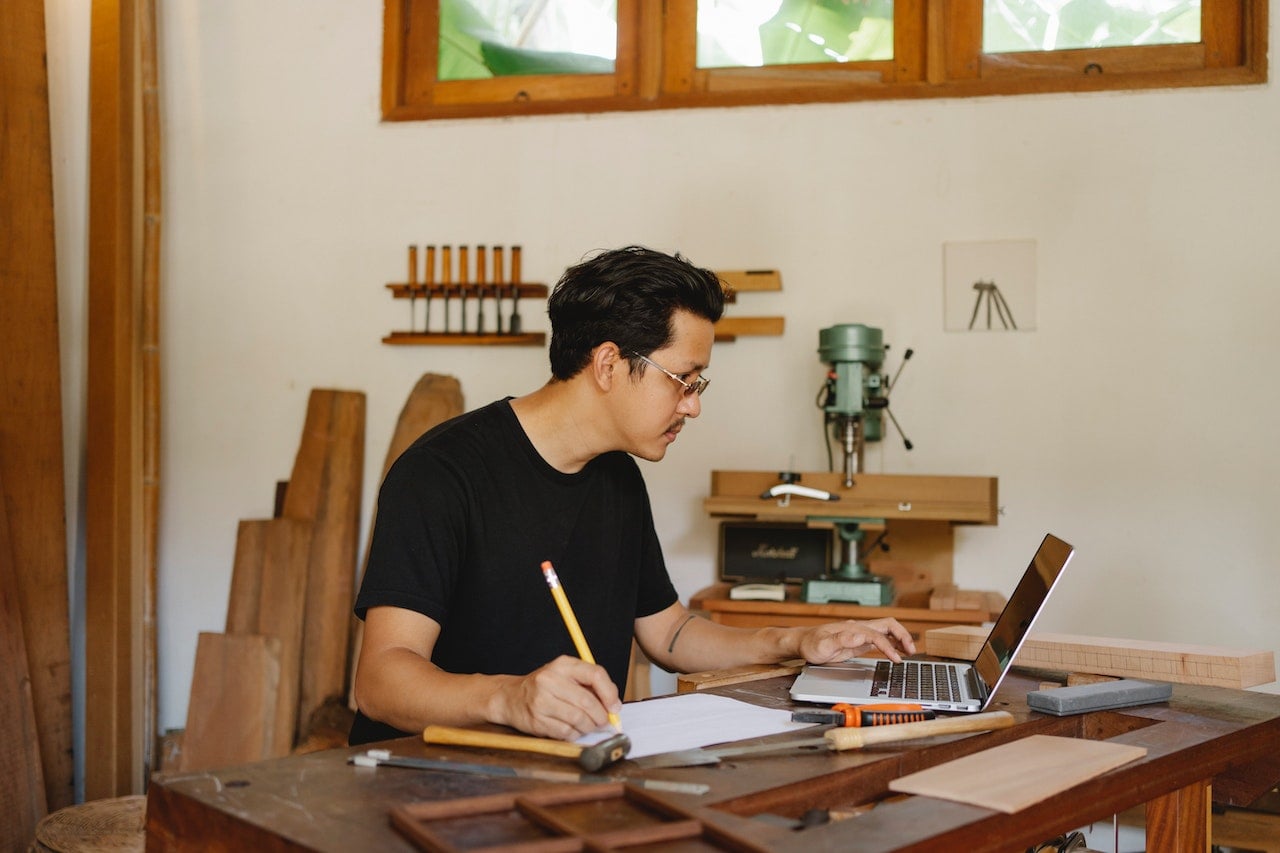As an entrepreneur, when an idea sparks, it can be difficult to think about anything else. As soon as your idea presents itself, the vision of the perfect final product is usually clear. The hard part is being patient as you start to bring the idea to life.
The idea for RentRedi came to me when I went through a tough renting experience in the notoriously competitive New York City market. I was working full-time in finance, but as a side project, I set out to make the renting process easier for people like me by building an app. I wasn’t able to dedicate all of my time to developing the platform I envisioned, but as the product began to take shape up and inch closer to my initial vision, I began working more closely on the project. However, I still found myself hesitant to let others test it out.
My reluctance came from a place of perfectionism. I wasn’t ready to let customers use what I considered an imperfect version of this product I’d been dreaming up for years. So, when I finally started sharing what we created, everything shifted in a positive direction.
In this post, I want to focus on what I learned from waiting to roll out our platform and what I wish someone had told me when I was an aspiring and early-stage entrepreneur.
Get help reaching your 2024 goals with expert advice and other resources from Verizon Small Business Digital Ready.
Go For It
Starting out, I knew the end goal of RentRedi was to solve all the renting problems facing landlords and tenants.
A few standout problems were 1) the lack of availability of documents renters needed quick access to and 2) communication problems between renters and their landlords. Unfortunately, it was easier said than done, and we had a lot to learn before we checked off everything on our list. As we continued to sharpen the edges of our software and venture closer to a “customer-ready” product, I was still hesitant to have customers explore and depend on the platform until it was perfect. After all, I didn’t want landlords to encounter issues with a product that was created to make their lives easier.
After lots of tweaking and fine-tuning, we released what we thought was a near-perfect platform for our audience of independent landlords. As soon as the product was in their hands, we saw the benefits of allowing them access. They were asking important questions, ones we had never considered internally – the solutions to which would’ve been significantly delayed had we waited longer to share the platform with them. From that point on, I told myself I would always “go for it.” It was then that I was no longer focused on the concept of waiting for that perfect product.
Subscribe to The Start, the Newsletter Built for Entrepreneurs
Listen To Customers
Something that brought me comfort when we first released RentRedi to customers was knowing that even if I viewed the product as imperfect, most customers were just grateful to have a helpful product like this at their fingertips. Tapping into our customer base for feedback early on allowed us to build that invaluable trust and loyalty while taking into account their feedback and ideas we hadn’t considered before.
For a while, my co-founder and I were the only members of the RentRedi customer service team. This allowed us to create and foster personal relationships with some of our original customers, ultimately shaping our vision for the company. Over the past six years, our customers have continuously provided us with invaluable feedback. Their input and vocality got us to where we are today – enabling over 15,000 landlords with 100,000 tenants across the country to easily manage their renting process.
Always Be Growing
I encountered many hesitations in the early days of RentRedi. I was constantly asking myself what I’d do if it didn’t work out when I should’ve been focused on what would be possible once it did work out. Over time, I grew to love a process that has served me well: first, an idea is born; then, you imagine how to bring it to life; and from there you move into the execution phase. Had I not shifted from my “perfection first” mindset, I might have continued working at the pace I started at. I no longer let extensive planning slow projects down.
The further I got in my career, the more it became clear to me that not every problem will have a clear answer. For example, many times when considering something for our platform, there were both pros and cons. I’ve learned that the right thing to do will likely have cons. But, when the positives outweigh those negatives, that’s your green light to move forward. Growing to accept this really changed my perspective on decision-making. While I started idealistically with a mindset of “I will solve every problem,” the early days quickly showed me this mindset could slow progress down.
This is something of which many startup founders have also fallen victim. The reality is, successful entrepreneurs will always be iterating, measuring, learning, acting, and repeating that cycle. One of the most valuable things I took away from this time in my career is that even when the product is good, it’s never finished. We must evolve our product alongside customers’ shifting demands.
Despite my own hesitancy to get our product into the world, our timeline ended up playing out in the best way possible for us. Our willingness to get into the weeds of both landlord and tenant pain points paid off in the long run. I consider myself lucky every day that we didn’t miss the boat or lose out on any opportunities while we were heads down on creating the perfect final product.
The sweet spot for our growth was in-between building the platform and achieving that final product. That’s how we got to where we are today, and I stand by those three most valuable lessons – just go for it, never stop listening to your customers, and always be willing to grow.






